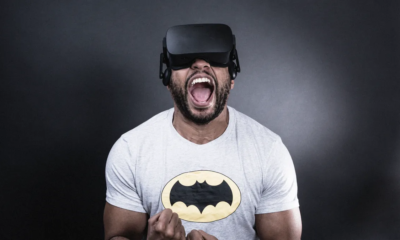Hardwares
Smartwatches may be Able to Predict Parkinson’s Disease in the Near Future

Smartwatches are some of the hottest wearables in the market by far, and as per recent reports, they could revolutionize the early detection of Parkinson’s disease. This was based on a groundbreaking study conducted by the UK Dementia Research Institute team at Cardiff University. By leveraging artificial intelligence and analyzing data from over 100,000 smartwatch wearers, the researchers were able to predict the development of Parkinson’s up to seven years before symptoms appeared. The key to their prediction lay in tracking the speed of movement of the participants over a single week between 2013 and 2016.
30% of the UK’s population uses smartwatches, greatly contributing towards data for the study
The potential of this discovery as a screening tool is huge, to say the least, but a lot of further studies are required to validate its accuracy by comparing the findings with data from around the world. Published in the journal Nature Medicine, the study highlights the need for extensive research to confirm these findings.

Parkinson’s disease is characterized by the progressive degeneration of brain cells over an extended period. The classic symptoms include involuntary shaking or tremors, slow movement, and stiff muscles. Unfortunately, by the time a diagnosis is made, irreversible damage has often already happened.
Approximately 30% of the UK population has adopted smartwatches, and that’s great because it offers a promising avenue for early-stage Parkinson’s detection. Study leader Dr. Cynthia Sandor believes that the ability to predict events up to seven years in advance based on a week’s worth of data could lead to the development of a valuable screening tool. This tool would not only facilitate early detection but also aid in clinical trial recruitment and allow patients to access treatments at an earlier stage when they become available.
The study relied on data from the UK Biobank, an extensive health database encompassing over half a million individuals. Dr. Kathryn Peall, a researcher involved in the study, expressed confidence in the accuracy of the model, stating that it could differentiate Parkinson’s from other conditions that affect movement, such as old age or frailty.
The ethical implications of informing individuals about their Parkinson’s diagnosis years before symptoms set in is a whole different dilemma. However, at the moment, it will remain a matter of personal choice. The potential impact of this research lies in the fact that it will greatly speed up the development of therapies capable of slowing disease progression.







